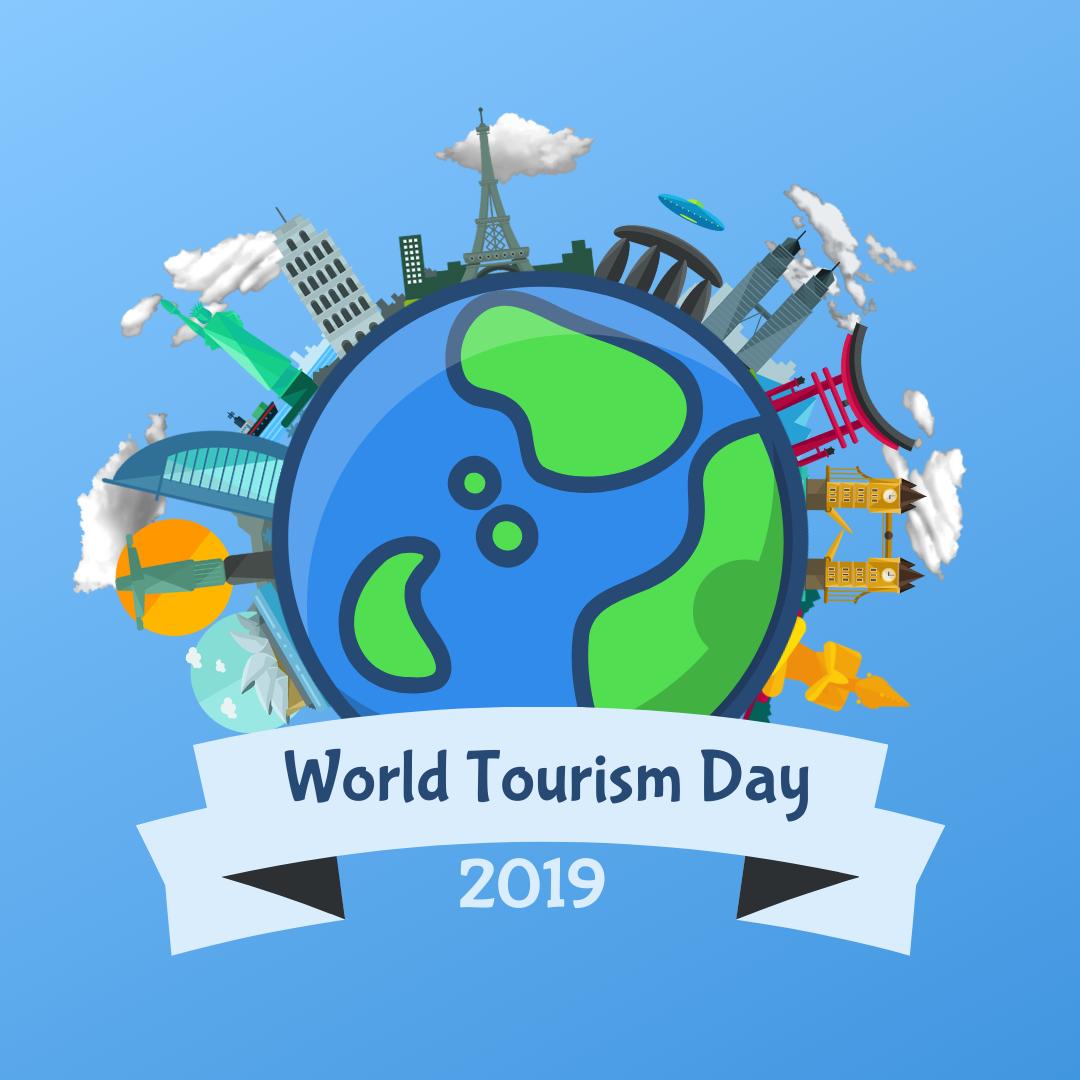|
This year marks the thirty-ninth year of World Tourism Day with the theme “Tourism and Jobs, A Better Future for All.”
Beginning in 1980, the United Nations World Tourism Organization began the annual celebration of World Tourism Day on September 27 with the purpose of raising awareness on the role of tourism within the international community and to demonstrate how it affects social, cultural, political and economic values worldwide. Each year, a new theme is chosen and as per the UNWTO General Assembly decision at its Twelfth Session in Istanbul, Turkey in 1997, a host country is designated each year to act as the Organization’s partner, and this year, excitement abounds in India, this year’s World Tourism Day host! Getting down to brass tacks, what does this year’s theme really mean in practical terms. Well, it would appear that there are three basic components to successfully launch initiatives moving forward. These include Education, Skills and Jobs, regardless of geographic area. From a global standpoint, international travel has never been bigger and it continues to grow. In essence, the world has gotten smaller because of technology, social media and overall growth socio-economically during the last half century. The United Nations World Tourism Organization (UNWTO) estimates that internationally there were just 25 million tourist arrivals in 1950. Just 68 years later, in 2018, this number has increased to 1.4 billion international arrivals per year. This is a 56-fold increase.* People have become more interested in the far-reaching corners of the globe - which is relative depending on where they live - and with the growth in the international tourism industry, travel has never been more accessible. However, with this increase in demand comes the need for better educated tourism professionals, with honed skills that include not only knowledge of the places to which they are either assisting people to visit, but also an appreciation and respect for the communities within which they are creating tours and travel opportunities. The skills required for travel professionals are increasingly under the global microscope with the need to be more sophisticated as a result of the plethora of online rating sites that can make or break a business’ reputation. The Bronx, New York, is an example of a New York City destination which is becoming increasingly recognized as an important tourist focal point. Through growing internet exposure and word of mouth, curiosity is on the rise for this outer borough which is home to national historical sites and unique cultural neighborhoods and nuances and joins the ranks of many other formerly less visited places around the world. As a result, the necessity for qualified local tour guides with a keen knowledge of the area, relationships with local business owners and a commitment to sustainable tourism has never been more critical. Whether it is The Bronx or any international locality, a vital aspect of being a well educated and skilled tourism professional is the incorporation of sustainable business practices which show a greater respect for the local residents, the community at large and the native culture and social components that make up the area. The result is that it impresses a sense of consideration and local awareness on their visiting clientele. These sustainable businesses practices include using public transportation and walking through neighborhoods and villages, keeping tour group sizes small and manageable, supporting small businesses and local vendors (which brings economic growth to individual neighborhoods) an insistence on respect and polite interaction with community inhabitants and a commitment to preserving the culture and strong sense of history for the tourist area. New York City is taking action by creating a pathway to promote sustainable practices. The Big Apple aims to make the city carbon-neutral by 2050 and buildings more energy efficient. When it comes to jobs, consider the fact that travel and tourism provide employment to nearly 300 million people in the world either directly or indirectly. This number equates to 1 out of 10 jobs in the world being provided by the Tourism sector. In fact, when it comes to small nations like Bhutan, Maldives and Cambodia, to name a few, 40% of the people earn their livelihoods from the travel and tourism Sector. What’s more, this sector of the jobs market affords equal opportunities for both men and women with relatively accessible skills unlike other professions that may require advanced degrees and technological knowledge. Tourism jobs are quite diverse as well, considering the comprehensive nature of the travel industry. Building a career can range from becoming a travel agent and planner, to hotel industry professional, tour operators, event planner, tour guide and even fringe craftspeople such as chefs, public relations executives writers and online critics and webinar teachers. It would seem obvious that this could become a growing field of study for institutions of higher learning around the globe and a career choice worth considering. Till next time, -Elisa * www.ourworldindata.org
0 Comments
Leave a Reply. |
Elisa ValentinoElisa is a travel blogger and freelance writer. She is co-founder of TravelinCousins.com travel blog and writes a weekly column for ThisIsTheBronx.info. Archives
January 2020
Categories |



 RSS Feed
RSS Feed
